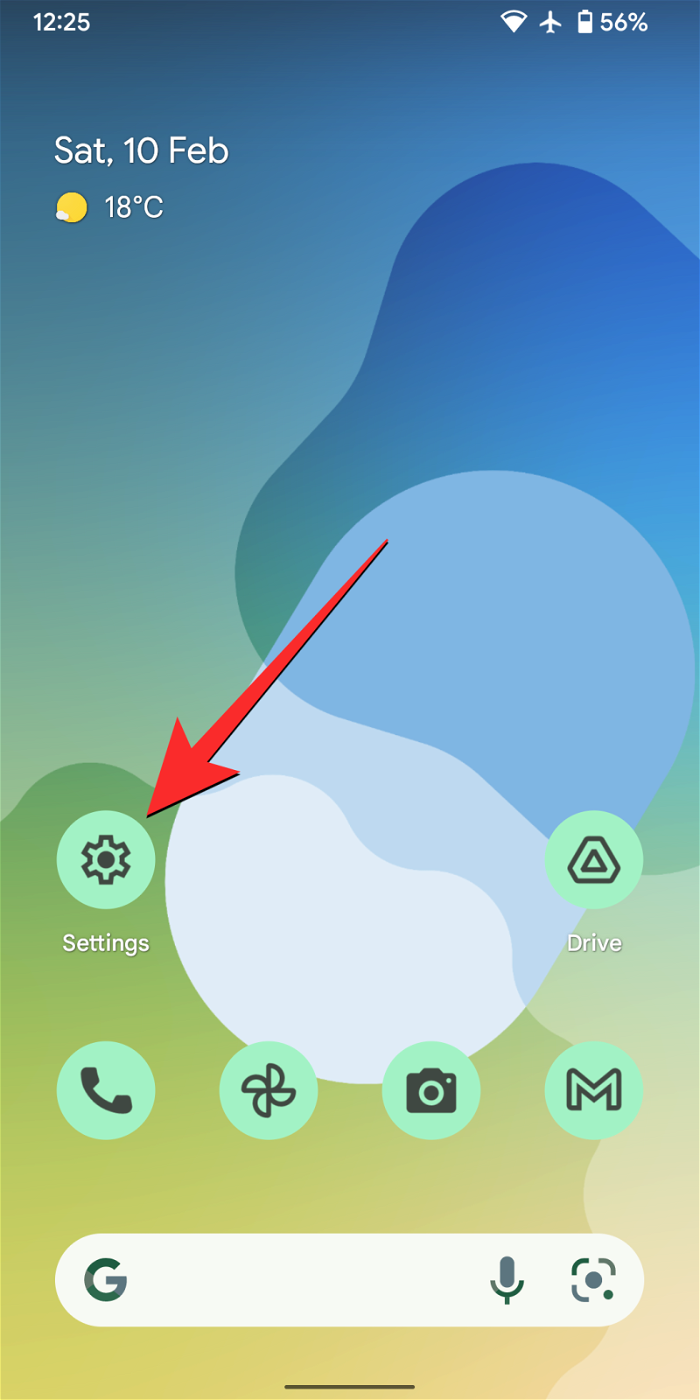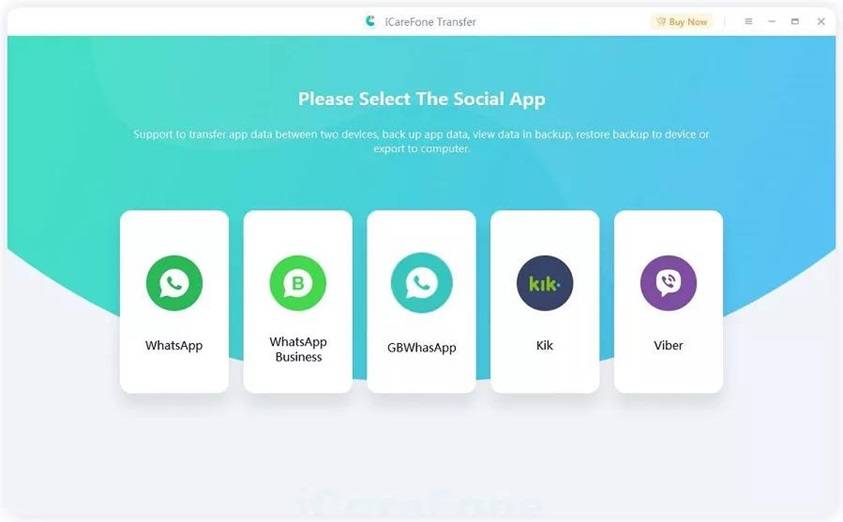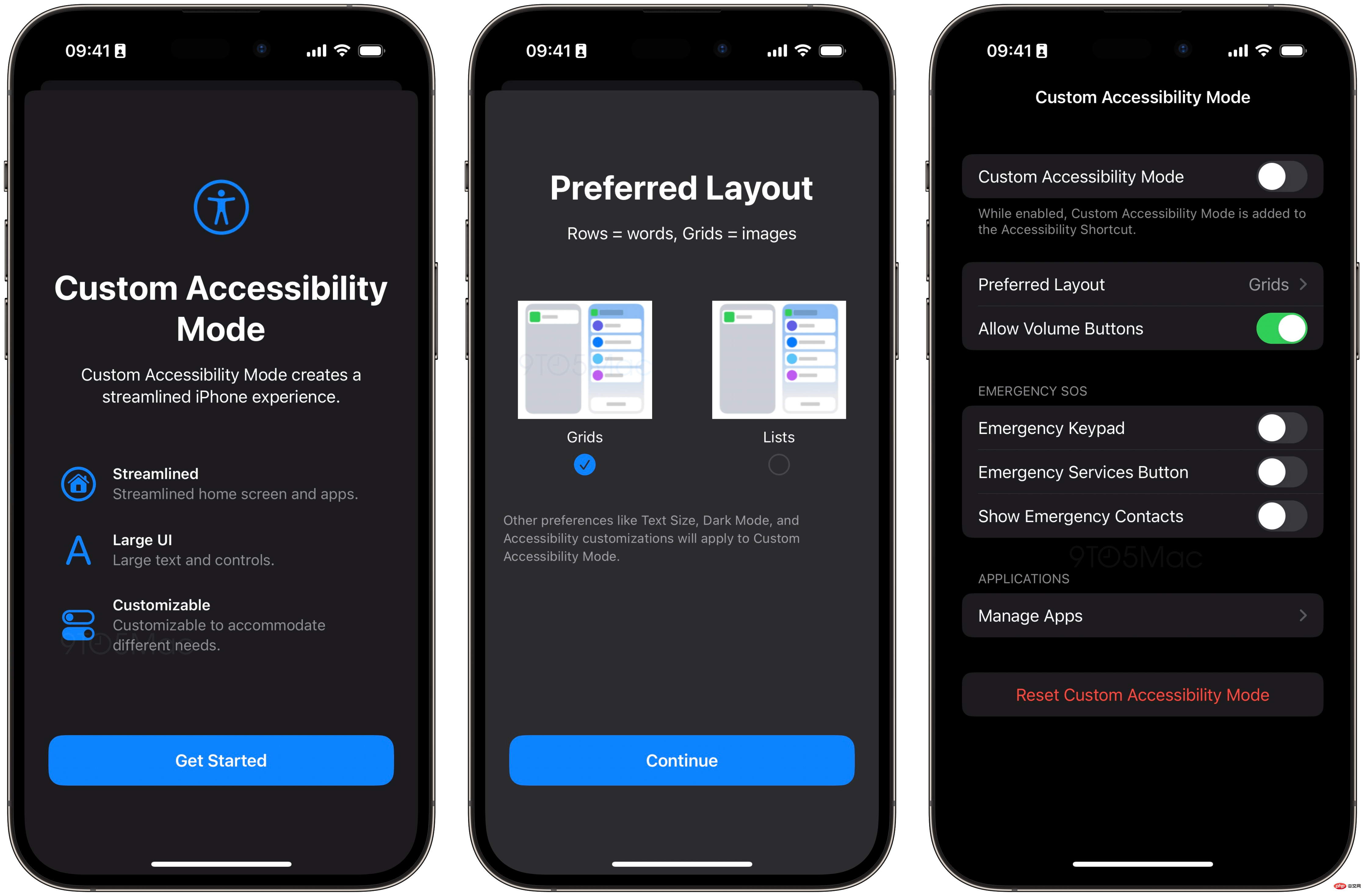New features of PostgreSQL 9.5: IMPORT FOREIGN SCHEMA

This time, a story is told about a man who does not keep up with the times and How do employees who do not take the initiative to learn lose the advantage of "old employees" and the trust of leaders without understanding the latest features.
On a sunny morning with no smog, the leader of the technical department called Xiao Ming to the office and asked: "Brother, I want to check the production system in use on the new system. Is there a faster and more convenient method for the new PG database? "
Xiao Ming: "Leader, export the data from the production system. , and then importing it into the new system will be OK?”
Leader: “Is there a faster and more convenient way?”
Xiao Ming: "Leader, it will be quick to export the data from the production system and then import it into the new system."
Leader: "Is there a faster and more convenient way?"
Xiao Ming: “Boss, it’s very fast to export the data from the production system and then import it into the new system!” The answer was a bit irritating. I suppressed my impatience and asked: "What preparations are needed to import external tables?"

Xiao Ming confidently said: "Leadership, just create a good ddl."
The leader asked seriously: "How many tables are there in total?"
Xiao Ming was a little unsure: "200?"
The leader was a little surprised: "So many?!"
Xiao Ming suddenly remembered something again and whispered: "Boss... I just remembered... there is another user with about 300 tables..." (- __-|||) (The voice was so low that he could hardly hear it)
The leader was a little out of breath: "Get out!"
Xiao Ming blushed and said: "Leader! Listen to me..."
The leader was completely ignited this time: "Get out!!! "
Xiao Ming silently closed the door for the leader outside...
The leader was already angry No, the boss has called: "How is it? Are you done?"
Leader: "No problem, boss, wait a moment!"
Boss: "Okay, let's tell you when it's done so that we can introduce our newly developed system to our customers. At least we have a query experience. We are waiting for your news! Hurry up."
At this time, the leader thought of Xiaoqiang, a new colleague in the company. Although Xiaoqiang usually looks funny and lively, Xiaoqiang is already one of the few employees in the company who works on databases. The leader has thought about how to explain to the boss that the system development progress is slow and the experience time is delayed. With the mentality of giving it a try, I summoned Xiaoqiang and expressed his needs in this situation.
Xiaoqiang: "Leader, I can't guarantee that I can do a good job on this issue. I will try my best."
Leader: "I usually see you I am lively and exaggerated, but I am reserved in what I say today. Tell me, what are your thoughts?” Let’s get down to business and stop talking about useless things. I saw a new feature in PostgreSQL 9.5 some time ago that allows you to simply import external tables by schema. I thought I’d give it a try.”
Leader: “Okay, let’s do it, be careful and don’t be careless.”
Xiaoqiang: “I know, I’ll get back to you within half an hour, regardless of success. If it still fails, we will report it to you immediately.”
After Xiaoqiang went out, the leader lit a cigarette and waited for Xiaoqiang, who usually seemed "unreliable".
At the same time, the leader was also thinking that Xiaoqiang’s method sounded good in theory, but he didn’t know how it would work in practice. He compared the two employees’ plans:
Xiao Ming’s plan:

Xiaoqiang’s plan:

Xiaoqiang returned to his work station and poured a glass of water. He felt a little stressed, even though he had just tested it. New function (importing external mode), but he is still very nervous because he feels that he must be responsible for the trust of the leader and the stable operation of the production system. This is definitely not the usual slapstick, joking, etc. Nonsense.
He opened the notebook, took a deep breath, and operated cautiously:
1. Determine the database version of the new environment:
-bash-3.2$psql
psql(9.5beta2)
Enter "help "To get help information.
postgres=#selectversion();
version
------------ -------------------------------------------------- --------------------------------------------------
PostgreSQL9.5beta2onx86_64-pc-linux-gnu,compiledbygcc(GCC)4.1.220080704(RedHat4.1.2-55),64-bit
(1 line record)
2. Create a user-based schema:
postgres=#cmusic
You are now connected to the database "music", user "postgres".
postgres=#createschemaericauthorizationeric;
CREATESCHEMA
3. Install postgres_fdw plug-in:
music=#createextensionpostgres_fdw;
CREATEEXTENSION
4. Create external server object:
music=#createservermusic_fdw_serverforeigndatawrapperpostgres_fdwoptions(host'192.168.1.143',dbname'mus ic' ,port'5432');
CREATESERVER
5. Create user mapping object:
music=#createusermappingforericservermusic_fdw_serveroptions(user'eric',password 'gao');
CREATEUSERMAPPING
Connect to the production library to see the table information of the production library:
music=#cmusiceric
Youarenowconnectedtodatabase"music"asuser"eric".
music=>d
Listofrelations
Schema|Name|Type|Owner
-------- --------- --------------- -- --------
eric|summary|table|eric
...
(200rows)
6. Remotely import the entire schema:
music=#importforeignschemaericfromservermusic_fdw_serverintoeric;
IMPORTFOREIGNSCHEMA
7. View the new system table Status:
music=>dsummary;
Referenced external table "eric.summary"
Field|Type|Modifier|FDW Options
------ ------------------------ -------- ----- ------------------
id|integer||(column_name'id')
info|charactervarying(128)||(column_name 'info')
Server:music_fdw_server
FDWOptions:(schema_name'eric',table_name'summary')
8. Adjust owners and permissions:
music= #grantselectoneric.summarytoeric;
GRANT
music=#altertableeric.summaryownertoeric;
ALTERTABLE
9. Verify the amount of data:
music=>selectcount(*)fromsummary;
count
------
8
(1 line of record)
The data has been imported into the new system, Xiaoqiang Call the leader immediately to inform him.
Leader: "Yes, Xiaoqiang, if the above requires blocking certain sensitive tables or providing only basic data, is it easy to implement?"
Xiaoqiang: "No problem, let me give you my test report. I just did it recently."
Test report:
Create 2 new tables on the source:
music=>createtableericgaoIasselect*fromsummary;
SELECT8
music=>createtableericgaoIIasselect*fromsummary ;
SELECT8
music=>d
Listofrelations
Schema|Name|Type|Owner
-------- ---------- --------------- ----------
eric|ericgaoi|table|eric
eric|ericgaoii|table|eric
eric|summary|table|eric
(5rows)
Exclude a table:
music=>cmusicpostgres
You are now connected to the database "music", user "postgres".
music=#IMPORTFOREIGNSCHEMAericEXCEPT(summary)FROMSERVERmusic_fdw_serverINTOeric;
IMPORTFOREIGNSCHEMA
Check the import effect:
music=>d
Association list
Architecture pattern|name|type|owner
---------- - ---------- -------------- ----------
eric|ericgaoi|referenced appearance|postgres
eric|ericgaoii|Referenced appearance|postgres
(2 lines)
Table summary has been excluded.
Delete the table in the target library, and then test the usage of a certain table:
music=>dropforeigntableericgaoi;
DROPFOREIGNTABLE
music=>dropforeigntableericgaoii;
DROPFOREIGNTABLE
This time only import some specified tables:
music=#importforeignschemaericlimitto( summary)fromservermusic_fdw_serverintoeric;
IMPORTFOREIGNSCHEMA
music=>d
Association List
Architecture Schema|Name|Type|Owner
---------- --------- -------------- ----------
eric|summary|Referenced appearance|postgres
(1 line record)
Leader: "Thank you, Xiaoqiang, let's go back to work."
As he said that, the leader dialed Xiao Ming's phone number, thinking that he still needed to maintain a good relationship with colleagues. , more connections, more opportunities, and Xiao Ming is also an old employee, so I was a little impulsive in getting angry with him just now.
Xiao Ming entered the office, and the leader smiled and said: "Xiao Ming, there was an emergency just now and I was a little impatient. I'm sorry." I’m not very skilled, so I’ll learn more in the future!”
Leader: “Xiaoqiang just sorted out the tables. I see that the query is a bit slow. Please tell me why.”
Xiao Ming: "Okay, leader, let me collect the information and report back to you immediately!"
Xiao Ming returned to work I executed a few commands and collected some performance information:
On the new system:
music=>analyzeeric.summary;
ANALYZE
music=>explainanalyzeselect*fromsummary;
QUERYPLAN
-------- -------------------------------------------------- ----------------------------------------
ForeignScanonsummary(cost=100.00..101.24rows=8width=28)(actualtime=4.308..4.319rows=8loops=1)
Planningtime:0.076ms
Executiontime:8.308 ms
(3 lines of record)
In production See the system server:
music=>analyzeeric.summary;
ANALYZE
music=>explainanalyzeselect*fromsummary;
QUERYPLAN
------------------------------------------------- -------------------------------------------------- -
SeqScanonsummary(cost=0.00..1.08rows=8width=28)(actualtime=0.003..0.004rows=8loops=1)
Planningtime:0.108ms
Executiontime:0.023ms
(3rows)
Xiao Ming submitted the above information to the leader and explained: "Leader, look what we have collected The information shows that the remote table query is slow. It seems that this function is still unreliable. I suggest you use my solution to import the data, or you can buy third-party software to synchronize the data and synchronize the data to the local in real time. "
Leader: "Xiao Ming...Teacher...did the company pay you to come here and ask you to give a report and then tell the boss to spend money to buy new products? What else do you need to do? Can I use HotStandby to synchronize data, or use third-party software? Do you want to introduce a data import plan to cover all projects? ! The current query speed is acceptable to customers. Does it mean that it is relatively slow or not? ! ! If you want to check remote data and improve performance, can you use materialized views? ! ! ! "
Xiao Ming: "Leader, I'm sorry... What is a materialized view? "
Leader: "Get out! ! ! "

There is still a certain delay in the query speed of external tables. If you can accept the actual query speed in the project, it's OK. If you can't, you can try to use materialized views. Of course, there are many solutions, and the methods are always more difficult than difficult~~~
Materialization I won’t waste too much space on views here. If you are interested, you can refer to the following article, which contains performance testing of materialized views:
http://gaoqiangdba.blog.163 .com/blog/static/245970045201510171821363/
http://www.bkjia.com/PHPjc/1093772.html
www.bkjia.com
 如何在 iPhone 和 Android 上关闭蓝色警报Feb 29, 2024 pm 10:10 PM
如何在 iPhone 和 Android 上关闭蓝色警报Feb 29, 2024 pm 10:10 PM根据美国司法部的解释,蓝色警报旨在提供关于可能对执法人员构成直接和紧急威胁的个人的重要信息。这种警报的目的是及时通知公众,并让他们了解与这些罪犯相关的潜在危险。通过这种主动的方式,蓝色警报有助于增强社区的安全意识,促使人们采取必要的预防措施以保护自己和周围的人。这种警报系统的建立旨在提高对潜在威胁的警觉性,并加强执法机构与公众之间的沟通,以共尽管这些紧急通知对我们社会至关重要,但有时可能会对日常生活造成干扰,尤其是在午夜或重要活动时收到通知时。为了确保安全,我们建议您保持这些通知功能开启,但如果
 在Android中实现轮询的方法是什么?Sep 21, 2023 pm 08:33 PM
在Android中实现轮询的方法是什么?Sep 21, 2023 pm 08:33 PMAndroid中的轮询是一项关键技术,它允许应用程序定期从服务器或数据源检索和更新信息。通过实施轮询,开发人员可以确保实时数据同步并向用户提供最新的内容。它涉及定期向服务器或数据源发送请求并获取最新信息。Android提供了定时器、线程、后台服务等多种机制来高效地完成轮询。这使开发人员能够设计与远程数据源保持同步的响应式动态应用程序。本文探讨了如何在Android中实现轮询。它涵盖了实现此功能所涉及的关键注意事项和步骤。轮询定期检查更新并从服务器或源检索数据的过程在Android中称为轮询。通过
 如何在Android中实现按下返回键再次退出的功能?Aug 30, 2023 am 08:05 AM
如何在Android中实现按下返回键再次退出的功能?Aug 30, 2023 am 08:05 AM为了提升用户体验并防止数据或进度丢失,Android应用程序开发者必须避免意外退出。他们可以通过加入“再次按返回退出”功能来实现这一点,该功能要求用户在特定时间内连续按两次返回按钮才能退出应用程序。这种实现显著提升了用户参与度和满意度,确保他们不会意外丢失任何重要信息Thisguideexaminesthepracticalstepstoadd"PressBackAgaintoExit"capabilityinAndroid.Itpresentsasystematicguid
 Android逆向中smali复杂类实例分析May 12, 2023 pm 04:22 PM
Android逆向中smali复杂类实例分析May 12, 2023 pm 04:22 PM1.java复杂类如果有什么地方不懂,请看:JAVA总纲或者构造方法这里贴代码,很简单没有难度。2.smali代码我们要把java代码转为smali代码,可以参考java转smali我们还是分模块来看。2.1第一个模块——信息模块这个模块就是基本信息,说明了类名等,知道就好对分析帮助不大。2.2第二个模块——构造方法我们来一句一句解析,如果有之前解析重复的地方就不再重复了。但是会提供链接。.methodpublicconstructor(Ljava/lang/String;I)V这一句话分为.m
 如何在2023年将 WhatsApp 从安卓迁移到 iPhone 15?Sep 22, 2023 pm 02:37 PM
如何在2023年将 WhatsApp 从安卓迁移到 iPhone 15?Sep 22, 2023 pm 02:37 PM如何将WhatsApp聊天从Android转移到iPhone?你已经拿到了新的iPhone15,并且你正在从Android跳跃?如果是这种情况,您可能还对将WhatsApp从Android转移到iPhone感到好奇。但是,老实说,这有点棘手,因为Android和iPhone的操作系统不兼容。但不要失去希望。这不是什么不可能完成的任务。让我们在本文中讨论几种将WhatsApp从Android转移到iPhone15的方法。因此,坚持到最后以彻底学习解决方案。如何在不删除数据的情况下将WhatsApp
 同样基于linux为什么安卓效率低Mar 15, 2023 pm 07:16 PM
同样基于linux为什么安卓效率低Mar 15, 2023 pm 07:16 PM原因:1、安卓系统上设置了一个JAVA虚拟机来支持Java应用程序的运行,而这种虚拟机对硬件的消耗是非常大的;2、手机生产厂商对安卓系统的定制与开发,增加了安卓系统的负担,拖慢其运行速度影响其流畅性;3、应用软件太臃肿,同质化严重,在一定程度上拖慢安卓手机的运行速度。
 Android中动态导出dex文件的方法是什么May 30, 2023 pm 04:52 PM
Android中动态导出dex文件的方法是什么May 30, 2023 pm 04:52 PM1.启动ida端口监听1.1启动Android_server服务1.2端口转发1.3软件进入调试模式2.ida下断2.1attach附加进程2.2断三项2.3选择进程2.4打开Modules搜索artPS:小知识Android4.4版本之前系统函数在libdvm.soAndroid5.0之后系统函数在libart.so2.5打开Openmemory()函数在libart.so中搜索Openmemory函数并且跟进去。PS:小知识一般来说,系统dex都会在这个函数中进行加载,但是会出现一个问题,后
 iOS 16.2 引入“自定义辅助功能模式”,为 iPhone 和 iPad 提供简化的体验Apr 13, 2023 am 11:07 AM
iOS 16.2 引入“自定义辅助功能模式”,为 iPhone 和 iPad 提供简化的体验Apr 13, 2023 am 11:07 AM苹果公司周二向开发人员发布了iOS 16.2 beta 2,因为该公司准备在 12 月向公众提供更新。正式地,它添加了新的 Freeform 协作应用程序和对 Home 应用程序的改进。在后台,9to5Mac发现 Apple 一直在开发一种新的“自定义辅助功能模式”,该模式将为 iPhone 和 iPad 提供“流线型”体验。自定义辅助功能模式这种代号为“Clarity”的新模式基本上用更精简的模式取代了 Springboard(这是 iOS 的主要界面)。该功能在当前测试版中仍对用户不可用,将


Hot AI Tools

Undresser.AI Undress
AI-powered app for creating realistic nude photos

AI Clothes Remover
Online AI tool for removing clothes from photos.

Undress AI Tool
Undress images for free

Clothoff.io
AI clothes remover

AI Hentai Generator
Generate AI Hentai for free.

Hot Article

Hot Tools

Dreamweaver CS6
Visual web development tools

SAP NetWeaver Server Adapter for Eclipse
Integrate Eclipse with SAP NetWeaver application server.

mPDF
mPDF is a PHP library that can generate PDF files from UTF-8 encoded HTML. The original author, Ian Back, wrote mPDF to output PDF files "on the fly" from his website and handle different languages. It is slower than original scripts like HTML2FPDF and produces larger files when using Unicode fonts, but supports CSS styles etc. and has a lot of enhancements. Supports almost all languages, including RTL (Arabic and Hebrew) and CJK (Chinese, Japanese and Korean). Supports nested block-level elements (such as P, DIV),

PhpStorm Mac version
The latest (2018.2.1) professional PHP integrated development tool

Dreamweaver Mac version
Visual web development tools






